Introduced by the European Union, the Green Claims Directive (GCD), officially known as the Directive on the Verifiability and Communication of Environmental Product Claims, is a legislative proposal by the EU to protect consumers and companies from greenwashing.
What is the Green Claims Directive?
The EU’s Green Claims Directive (GCD) is a legislative framework introduced to safeguard consumers from greenwashing by ensuring that environmental claims about products and services are substantiated, clear, and consistent across the European Union. It targets the verifiability and communication of such claims, requiring companies to back their environmental assertions with comprehensive assessments that consider the entire lifecycle of a product.

Specifically, the directive prohibits vague or unfounded environmental claims, such as "eco-friendly" or "sustainable," unless they are supported by scientific evidence and a thorough assessment of the product's environmental impact. This includes a ban on claims like "climate neutral" without credible offsetting measures and mandates the regulation of sustainability labels to reduce consumer confusion. Furthermore, it introduces measures against early obsolescence of goods, ensuring that products are durable and repairable, aligning with the broader goals of the European Green Deal for a sustainable economy.
By setting these stringent requirements, the GCD aims to create a level playing field where genuine green initiatives are recognized and rewarded, while misleading claims are systematically weeded out. For companies, compliance means adopting more transparent and reliable practices in advertising their environmental credentials, necessitating a shift towards more sustainable operations and product development. Arbor’s platform offers the necessary tools for companies to accurately measure and report the environmental impact of their products, ensuring adherence to the GCD’s stipulations and fostering trust with consumers seeking sustainable options.
How does the Green Claims Directive work?
The Green Claims Directive operates by setting a comprehensive framework for companies making environmental claims about their products or services within the EU. It mandates a life-cycle perspective for assessing these claims, meaning that companies must evaluate the environmental impact of their products from production through to disposal. This approach ensures that any claim about a product being "green" or "sustainable" is supported by a detailed analysis of its overall environmental footprint.
Key mechanisms of the directive include:
- Prohibition of Unsubstantiated Claims: Companies can no longer use generic environmental claims like "eco-friendly" without concrete evidence. All claims must be clear, accurate, and substantiated by reliable, scientific evidence.
- Regulated Use of Sustainability Labels: To combat the proliferation and confusion of sustainability labels, only those based on official certification schemes or established by public authorities are allowed. This measure is aimed at providing consumers with trustworthy and comparable information.
- Prevention of Early Obsolescence: The directive discourages practices that lead to the early obsolescence of goods. This includes making misleading durability claims and presenting goods as repairable when they are not, ensuring products have a longer lifecycle and reducing waste.
- Transparent Offsetting Claims: Claims that suggest a product has a neutral or positive environmental impact through offsetting are banned unless backed by certified carbon credits and after all feasible reductions in emissions have been made.
For businesses, understanding and implementing these rules requires a shift towards more transparent environmental reporting and product development processes. Tools and platforms like Arbor can play a pivotal role in this transition, offering accurate measurement and reporting capabilities to substantiate environmental claims, ensuring compliance with the directive, and building consumer trust.
What are the requirements of the Green Claims Directive?
The EU Green Claims Directive sets a robust framework for the substantiation, communication, and verification of environmental claims in the EU. Its primary aim is to prevent misleading environmental messaging, also known as greenwashing, ensuring that claims about the environmental performance of products, services, or organizations are reliable and scientifically backed. This directive addresses a significant concern: the proliferation of unsubstantiated environmental claims that can mislead consumers and undermine the efforts of genuinely sustainable businesses.
Key Requirements
The directive requires companies to substantiate their green claims based on strict, uniform criteria that include:
- Robust Scientific Evidence: Claims must be supported by solid scientific evidence, showcasing relevant environmental impacts accurately.
- Life Cycle Perspective: Impacts, aspects, and performance of the environmental claim must be assessed from a comprehensive life cycle perspective, ensuring that the claimed environmental benefits consider the entire lifespan of a product or service.
- Transparent Communication: Detailed information regarding the substantiation of environmental claims must be accessible, possibly through physical means or digital links such as QR codes. This transparency extends to claims related to future environmental performance, which must include specific commitments for improvements.
Verification by Independent Verifiers
A novel aspect of this directive is the mandatory verification of environmental claims by independent verifiers. This step is crucial for ensuring that claims adhere to the directive's requirements before companies can communicate them to consumers. It underscores the directive's commitment to making environmental claims trustworthy and reflective of genuine sustainability efforts.
Impact on Environmental Labels
The directive also sets criteria for the use of environmental labels, aiming to enhance the transparency and reliability of these labels. Notably, it discourages self-certified labels and mandates that new private labelling schemes must provide added environmental value and receive prior approval. This move aims to streamline the variety of environmental labels in the market and bolster their credibility.
Penalties for Non-Compliance
To enforce compliance, the directive allows for the imposition of significant sanctions on traders who fail to meet its standards. Penalties can reach up to 4% of a trader’s annual turnover in the concerned Member States, underlining the serious consequences of non-compliance.
In summary, the Green Claims Directive represents a significant step towards a more transparent and sustainable EU market, ensuring that environmental claims are genuinely reflective of a product or organization's environmental footprint. Businesses across the EU, including those outside targeting EU consumers, will need to adapt to these rigorous new standards, which are expected to come into full effect around 2026, depending on the progress of EU negotiations on the directive.
When does the Green Claims Directive (GCD) become mandatory?
The Green Claims Directive becomes mandatory following a significant vote in the European Parliament on March 12, 2024, where lawmakers voted 467-65 in favor of adopting new rules to combat misleading environmental claims by companies. This vote sets Parliament's position on the European Commission's proposed Directive, initially introduced in March 2023. The directive's aim is to ensure that environmental claims such as “biodegradable” or “less polluting” are substantiated and verified before being used in marketing, addressing the issue that more than half of such claims in the EU were found vague or unsubstantiated.
Following this parliamentary approval, the Directive is on its path to becoming EU law, with Member States required to transpose it into national legislation within 18 months of its entry into force. Considering the directive was proposed in March 2023 and the subsequent approval process, it is expected that the requirements could start applying from 2026, though this timeline might adjust based on the finalization of the text and Member States' transposition processes. This Directive marks a critical step toward providing consumers with reliable and verifiable information, promoting genuinely sustainable products and practices across the EU.
Who needs to comply with the Green Claims Directive?
The Green Claims Directive introduces a comprehensive framework designed to enhance the transparency and reliability of environmental claims across the European Union.
This significant legislative move impacts a wide array of entities:
- All companies in the EU: Regardless of their sector, companies selling goods and services in the European Union need to comply. This encompasses a wide range of industries from manufacturing to services, ensuring that any environmental claims made are substantiated and verified.
- Companies outside the EU targeting EU consumers: The directive's reach extends beyond the EU's geographical boundaries. Companies based outside the EU but targeting EU consumers with their products and services are also subject to these regulations. This global applicability ensures that all products available in the EU market meet the same stringent standards for environmental claims.
- Exemptions for micro-SMEs: Small entities, specifically micro-SMEs defined as companies with fewer than 10 employees or generating less than €2 million in annual turnover, are exempt from the rules. However, the directive applies to the vast majority of operating companies in the EU, from SMEs to large corporations.
Why should you care about the Green Claims Directive?
The Green Claims Directive is a crucial development for companies operating within the European Union and those targeting EU consumers from outside the EU. Understanding and adhering to its stipulations is not just about regulatory compliance; it's about protecting your company's market access, reputation, and financial health.
Here's why you should care:
- Risk of Penalties: Companies found in violation of the directive's rules may face severe penalties, including being temporarily excluded from public procurement tenders, a significant blow for businesses relying on government contracts. More daunting are potential fines up to 4% of annual turnover, which could have a profound financial impact, especially on large enterprises.
- Reputation and Consumer Trust: In an era where consumers are increasingly eco-conscious, compliance with the Green Claims Directive can significantly bolster your company's reputation. Adhering to its requirements demonstrates a commitment to genuine sustainability, enhancing trust among consumers and distinguishing your brand from competitors accused of greenwashing.
- Level Playing Field: The directive aims to create a fair competitive environment by holding all companies to the same high standards of environmental transparency and substantiation. This ensures that businesses investing genuinely in sustainable practices are not undercut by those making unfounded environmental claims.
- Future-Proofing Your Business: As global emphasis on sustainability grows, regulations like the Green Claims Directive are likely to become more common. Early adaptation and compliance not only mitigate risks but also position your company as a leader in sustainable business practices, ready for future environmental regulations.
In essence, the Green Claims Directive is not just another set of rules to follow. It's a strategic imperative that impacts your company's legal standing, financial well-being, brand reputation, and competitive edge. Embracing its requirements can be a significant step toward sustainability and long-term success in the increasingly green-focused global market.
How can Arbor help you with the Green Claims Directive?
Arbor is perfectly positioned to assist companies in navigating the complexities of the Green Claims Directive, thanks to our advanced capabilities in product-level measurements and impact quantification.
Here's how Arbor can be instrumental:
- Lifecycle Perspective Analysis: Arbor's platform enables companies to conduct comprehensive life cycle assessments of their products, aligning with the Green Claims Directive's emphasis on a life cycle perspective. By quantifying the environmental impact of a product from creation to disposal, Arbor ensures that your sustainability claims are backed by robust, scientific data, thereby mitigating the risk of greenwashing accusations.
- Confident Sustainability Reporting: With the detailed quantifications provided by Arbor, companies can confidently communicate their environmental impact and sustainability efforts to consumers. This transparency not only helps in complying with the directive's requirements but also strengthens consumer trust in your brand's commitment to genuine sustainability.
- Avoiding Penalties: By leveraging Arbor's precise and verifiable impact measurements, companies can ensure that their environmental claims meet the Green Claims Directive's standards. This proactive approach helps avoid the potential financial and reputational damage associated with non-compliance, including hefty fines and exclusion from public procurement tenders.
Summary
The EU Green Claims Directive (GCD) is a pivotal legislation designed to combat greenwashing by enforcing the substantiation, clarity, and consistency of environmental claims across products and services in the EU. It demands that companies validate their eco-friendly assertions through comprehensive life-cycle assessments, ensuring claims like "eco-friendly" or "sustainable" are backed by solid scientific evidence.
This directive not only seeks to protect consumers from misleading information but also encourages companies towards more sustainable operations. Key aspects include stringent requirements for environmental claims, the necessity of independent verification, impacts on labeling, and significant penalties for non-compliance.
With the GCD set to become mandatory following the European Parliament's vote in March 2024, it is crucial for all companies operating within or targeting the EU market to prepare for compliance. Arbor’s platform is highlighted as a critical tool for businesses to measure, report, and ensure the accuracy of their environmental impact, aiding them in adhering to the GCD’s standards and promoting transparency and trust with consumers.
Chat with our carbon measurement experts to back up your green claims with confidence.
Follow us on LinkedIn to stay tuned for updates.
Measure your carbon emissions with Arbor
Simple, easy carbon accounting.
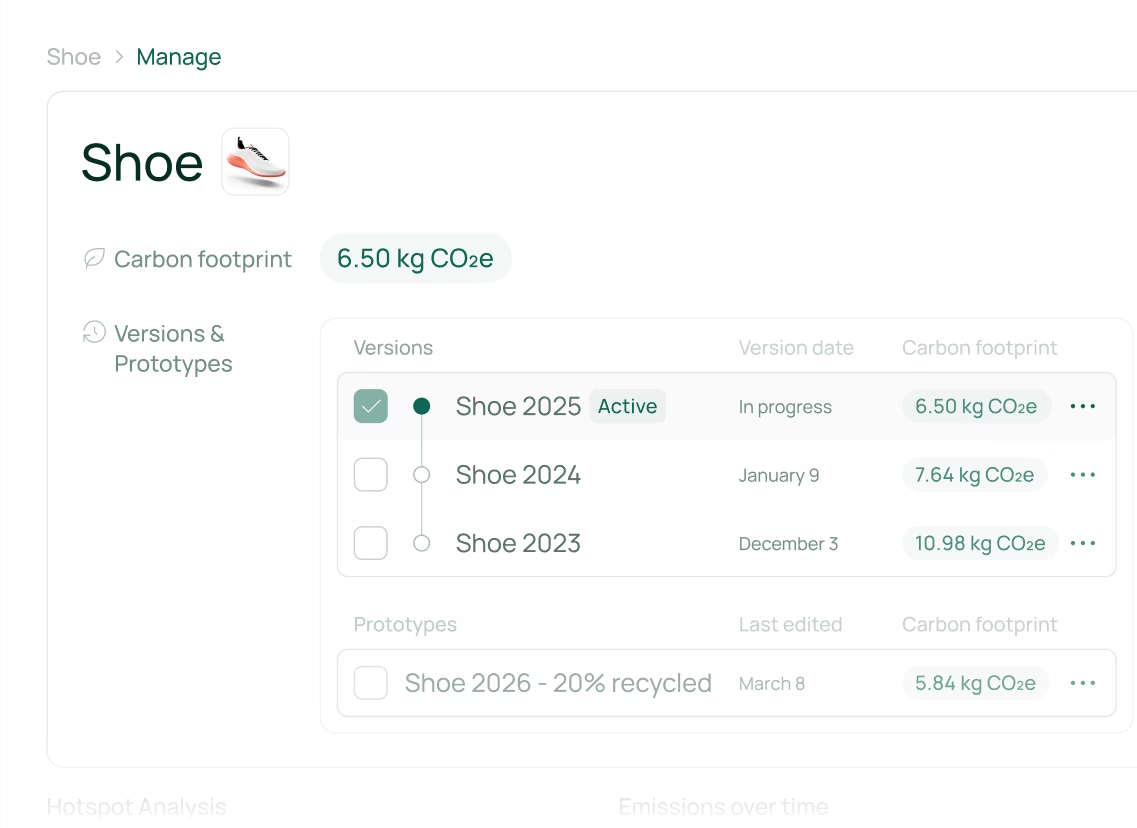


%20Arbor.avif)




.webp)
%20Directive.webp)


.webp)




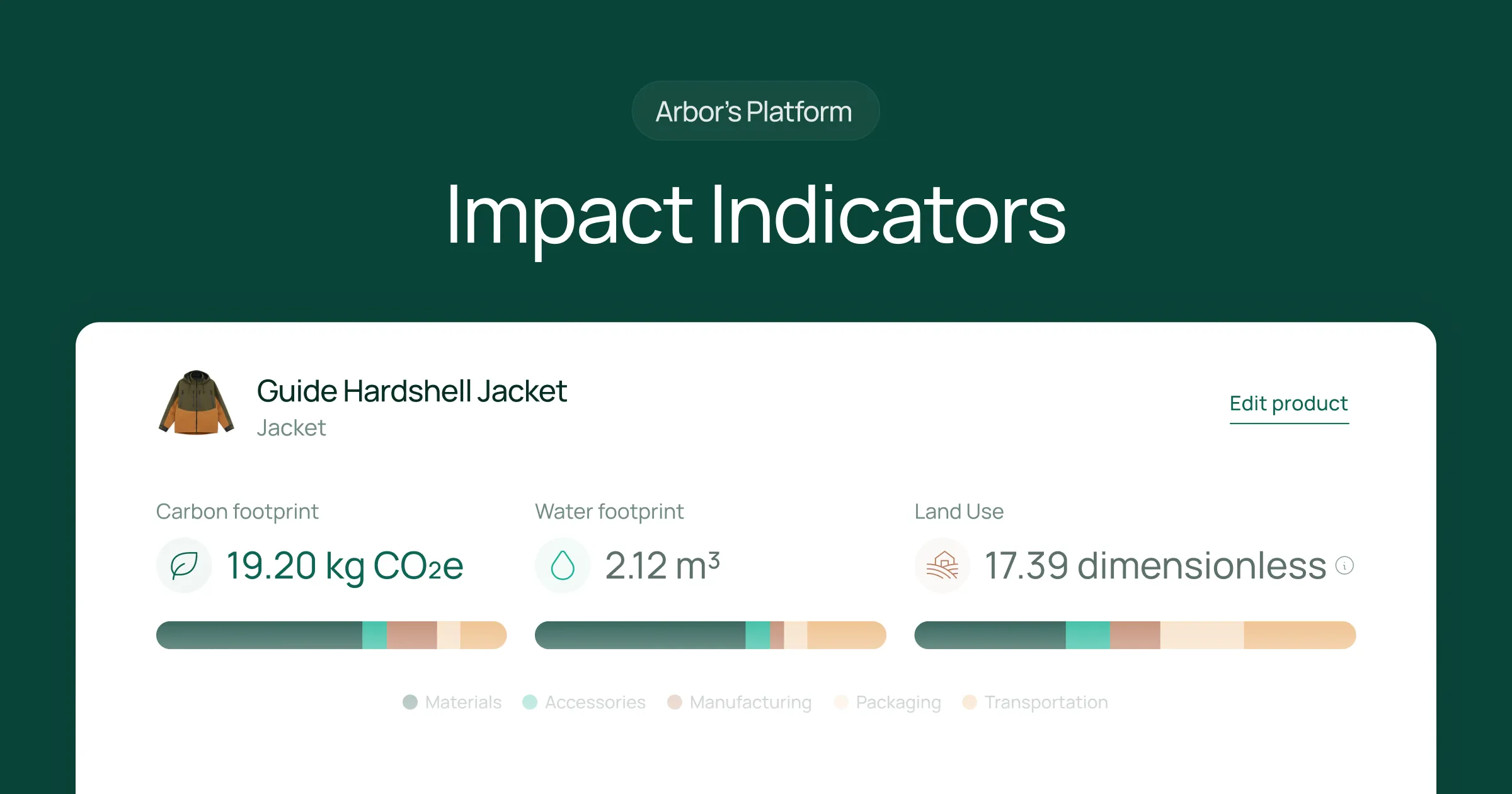


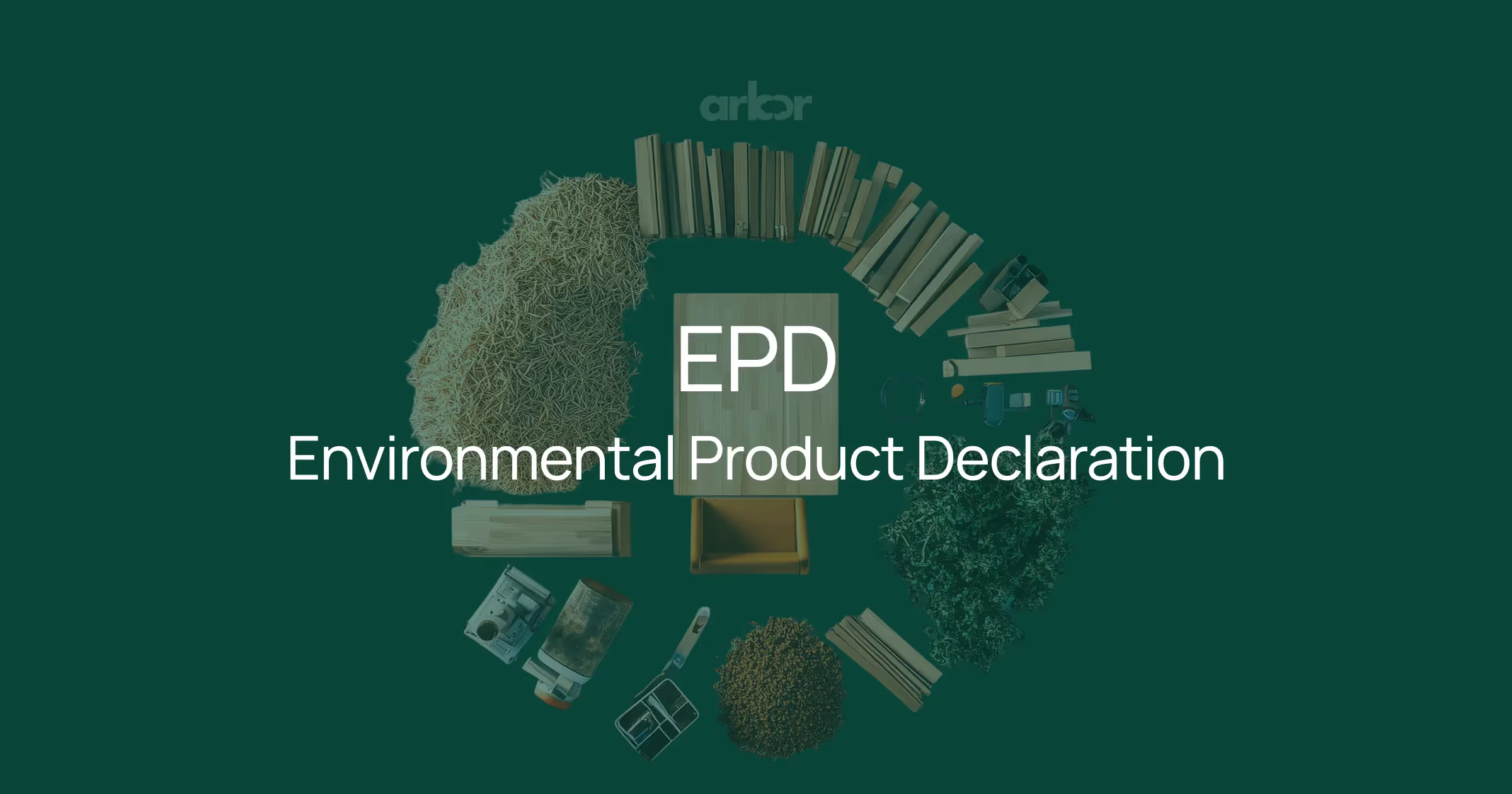



%20Arbor.avif)





%20Arbor.avif)
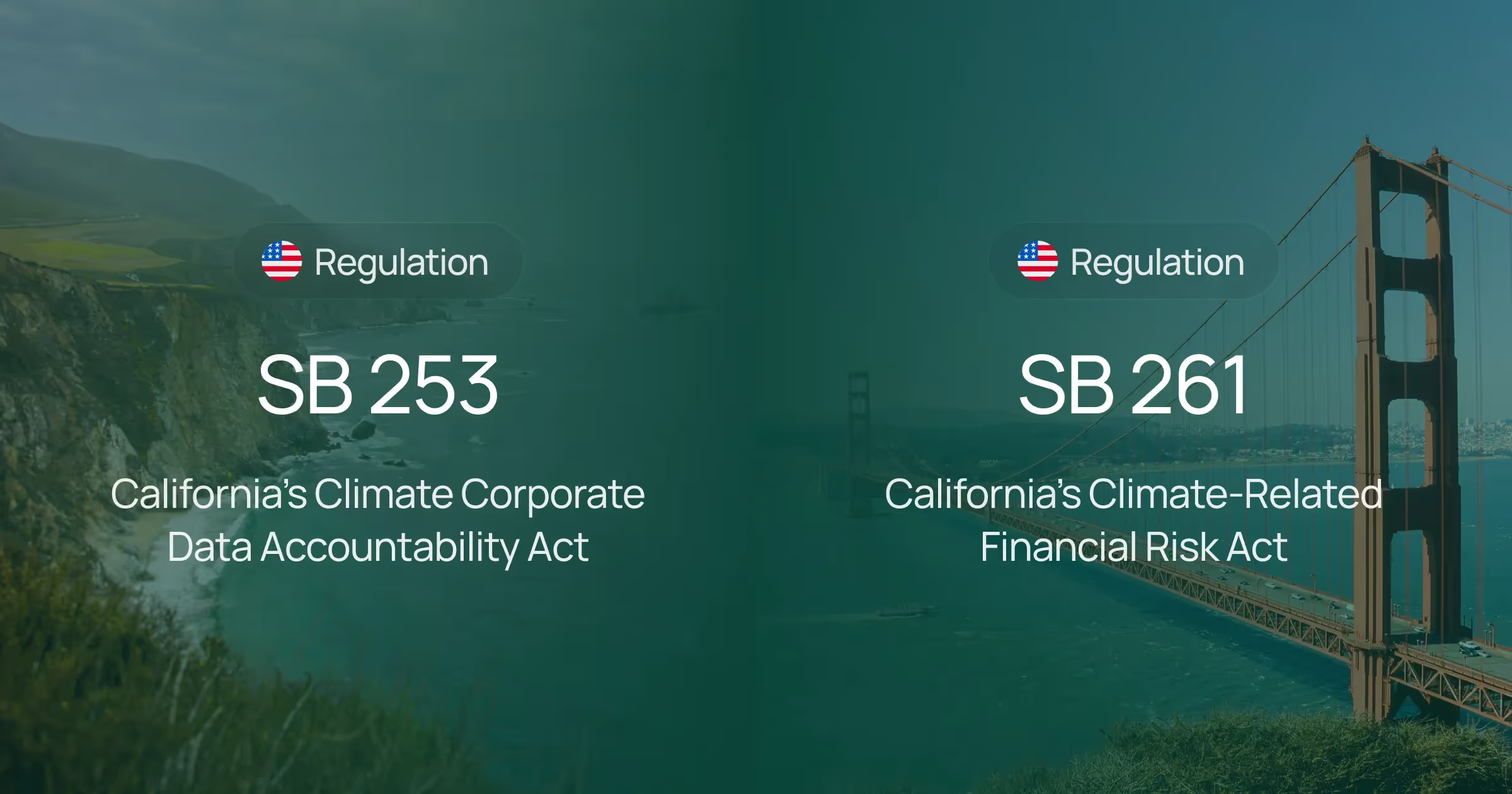

.avif)




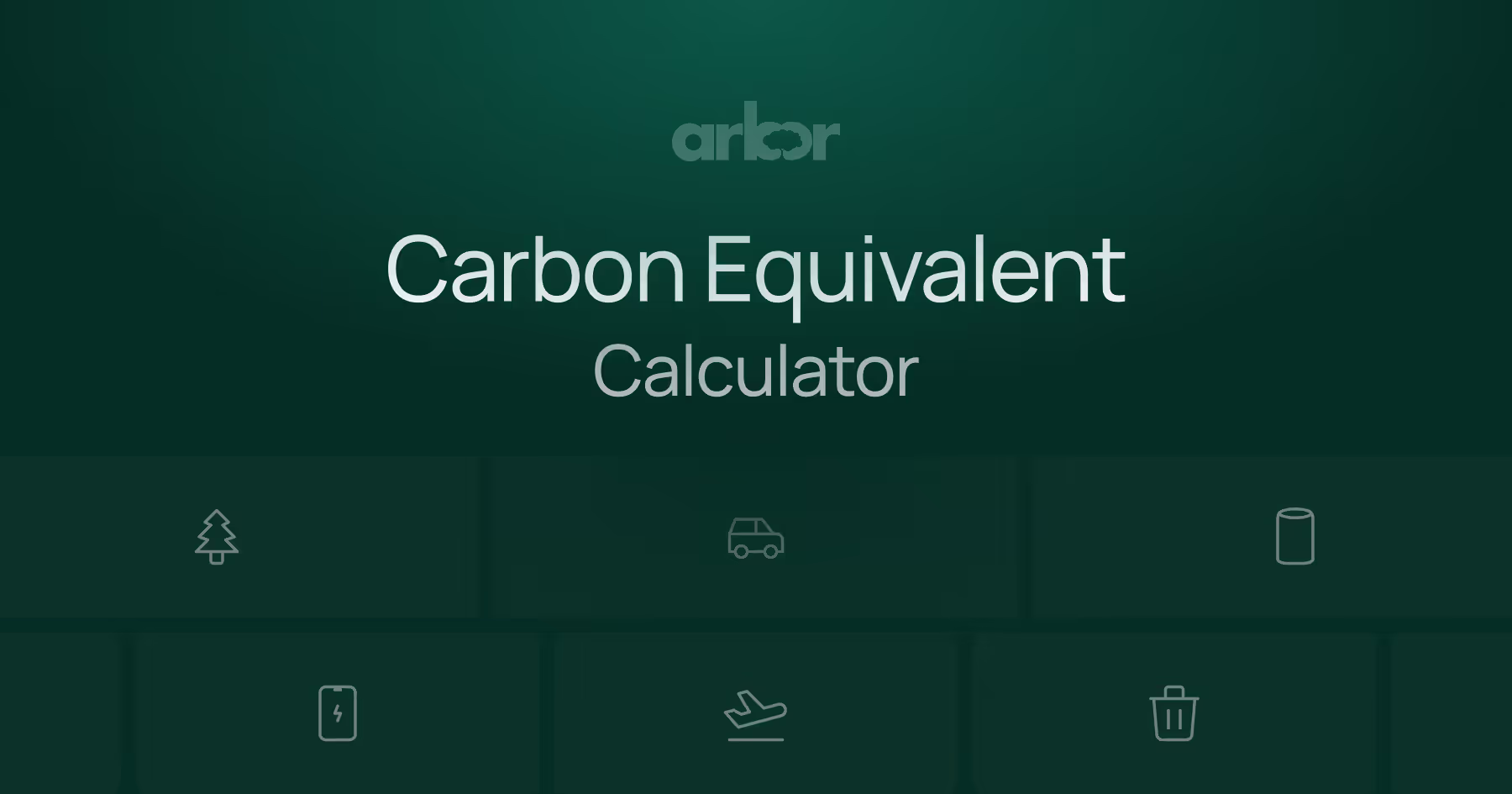

%20Arbor%20Canada.avif)
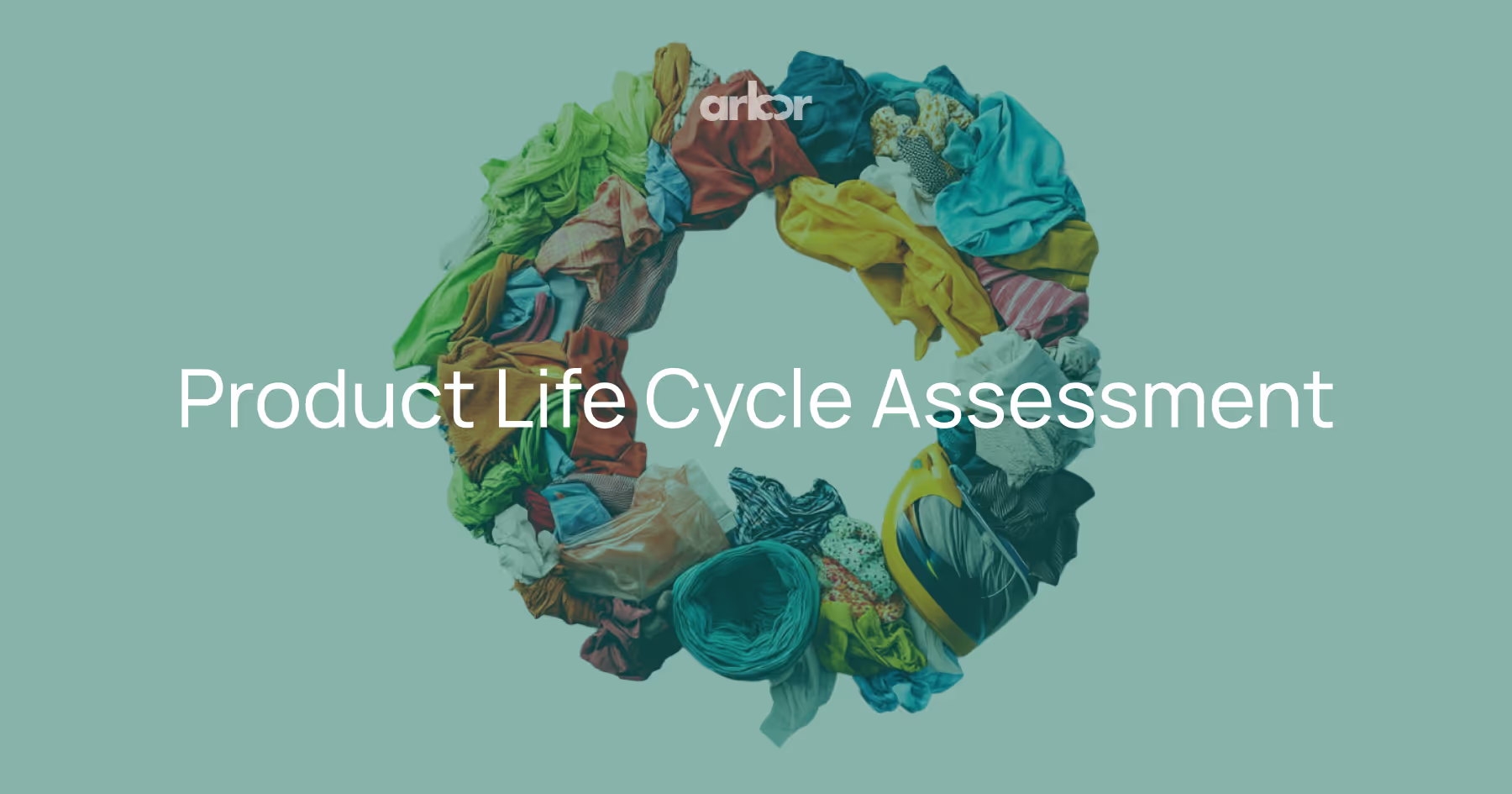
.avif)
%20Arbor.avif)
.avif)


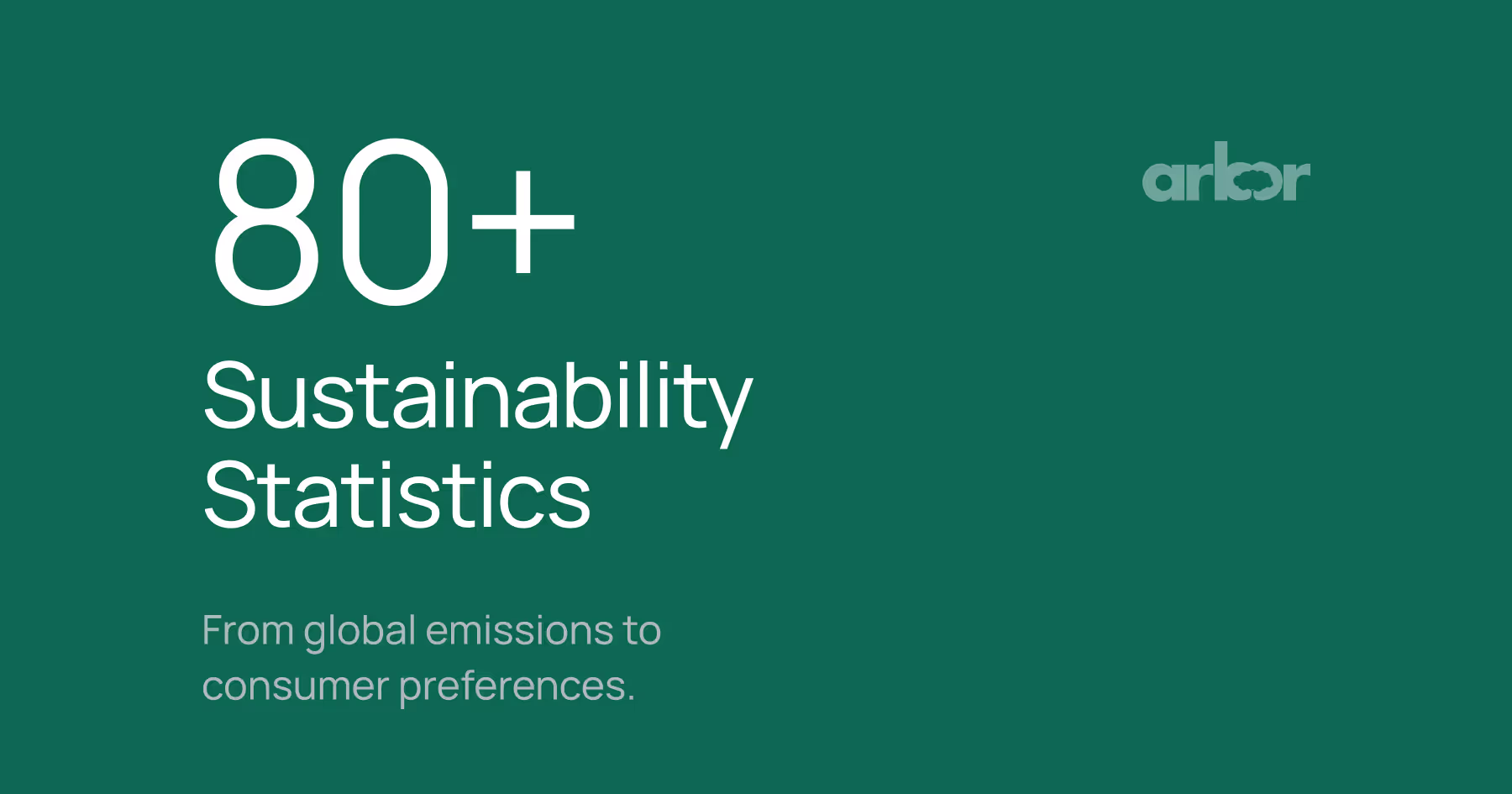



_.avif)
.avif)
%20Arbor.avif)




%20Software%20and%20Tools.avif)





.avif)
.avif)
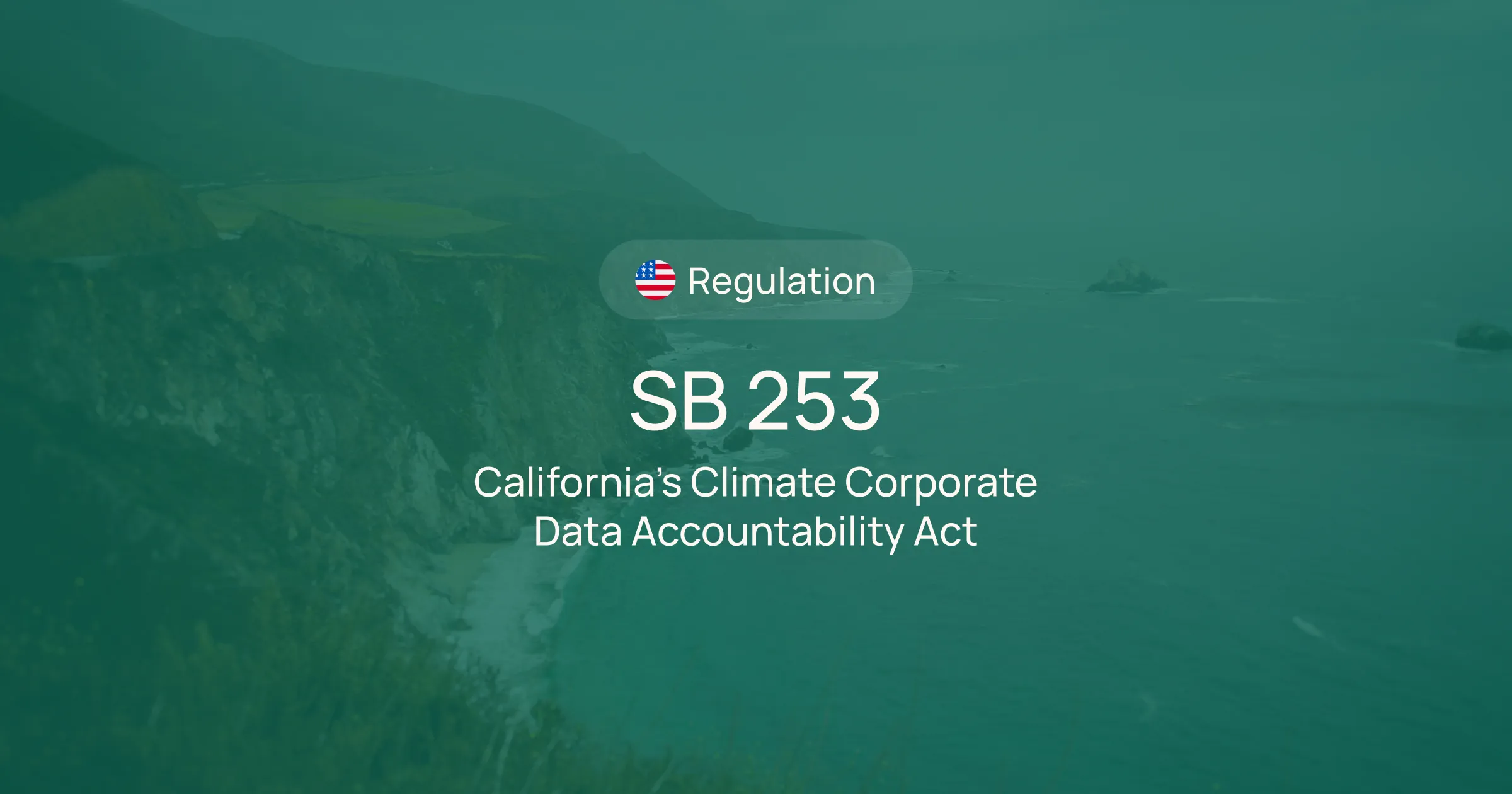



%20EU%20Regulation.avif)












.avif)











_%20_%20Carbon%20101.avif)







.avif)









